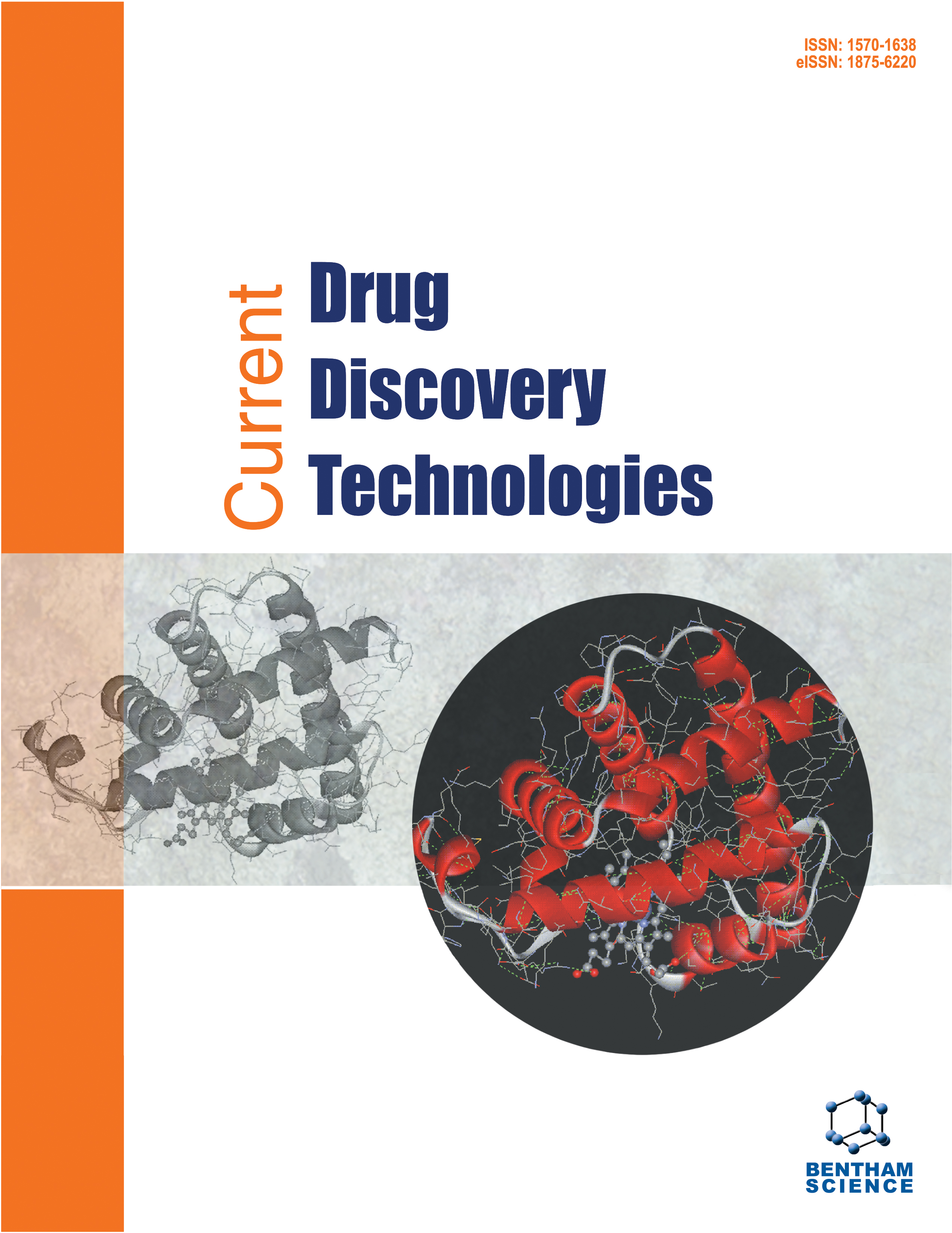-
oa Editorial [ Bio-Markers as Tools For Discovery of New Psoriasis Therapies ]
- Source: Current Drug Discovery Technologies, Volume 9, Issue 1, Mar 2012, p. 1 - 1
-
- 01 Mar 2012
Abstract
Psoriasis is a common chronic inflammatory condition of the skin that may have a significant impact on the quality of life of the patient. Effecting approximately 2% of the population, the onset of the disease is commonly before 35 years of age. With no cure and a significant proportion of patients finding their treatment unsatisfactory, there remains a clinical unmet need to discover and evaluate new therapies for the disease. The disease is a complex multi-factorial disease with a genetic component which can be brought on by variety of biochemical, viral and physical stimuli thus adding to the complexity of target identification for drug discovery. Psoriasis is largely regarded as a T-cell mediated autoimmune condition, based on evidence derived from animal models of psoriasis and a developing understanding of T-cell infiltration into the dermis and epidermis of the psoriatic plaque. Subsequence activation of the infiltrate by memory T-effector cells requires T-cell activation by antigen presenting cells, such as macrophages, B and dendritic cells. Clinical studies and treatment of patients with drugs such as cyclosporine and other experimental drugs which target the induction or maintenance of T cell activation support the notion of psoriasis as a T-cell driven disease. Although the biochemical processes underlying the onset and propagation of disease are incompletely understood, significant advances in our understanding of the science underpinning the disease have been made over the last 10 years. The paper by Rahman et al., explores the role of biochemical markers in psoriasis some of which are common to many autoimmune and inflammatory conditions. This may present us with the opportunity to derive a panel or ‘finger-print’ of biomarkers, which if restricted to, for example the skin, may prove valuable to drug discovery as either a source of potential new targets or as a route to monitoring patient response through therapy. To date measurement of the inflammatory biomarkers such as high-sensitivity C-reactive protein and erythrocyte sedimentation rate are commonly measured as in other related diseases such as psoriatic arthritis and rheumatoid arthritis. New research and a greater understanding of biochemial processes such as the role of intra-cellular signalling as discussed by Rahman et al. which is aimed at developing biomarkers specific to the mechanism or process under attenutation in the patient has and will continue to guide new efforts to compact this lifelong condition.


